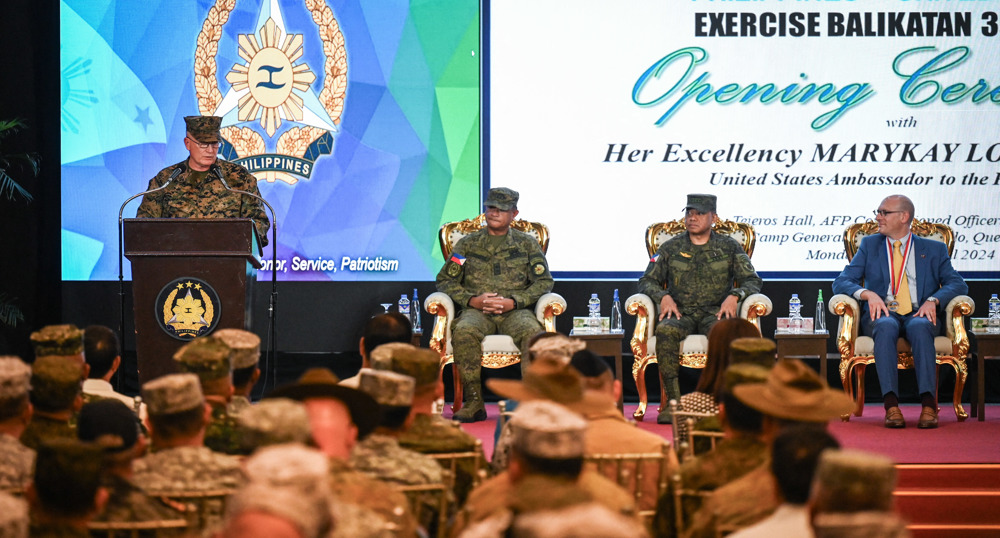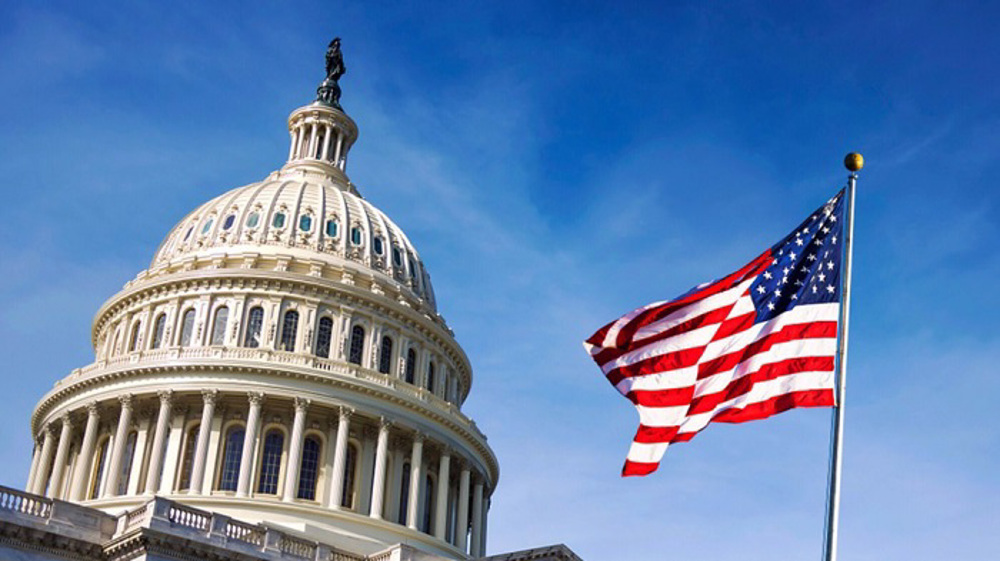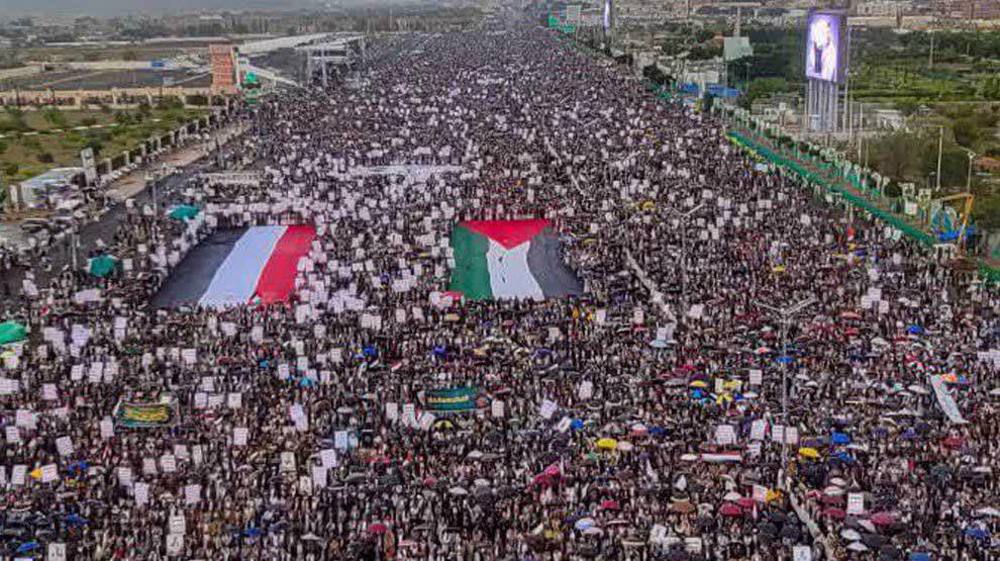Bangladesh intensifies border patrols to deter fresh inflow of Rohingya refugees
Bangladesh has ramped up patrols on its border with Myanmar, following reports that about 1,000 Rohingya Muslims from Myanmar had crossed into the country in the past two weeks.
Manuzurul Hasan Khan, a senior Bangladesh border guard official, said on Thursday that the two countries were jointly patrolling frontier areas.
"No one will be allowed to illegally cross into our country," media outlets quoted Khan as saying
There had been no major influx recently, the Bangladesh official noted, adding that the border was peaceful, with more joint patrols scheduled for this week.
Some Rohingya leaders in Bangladesh put the total of new refugees at more than 1,000.
A Bangladeshi senior security official earlier told media outlets on the condition of anonymity that about 1,000 households had crossed each month in April, May and June.
The figure rose to 1,300 households in July, the official said, adding that the border area was "definitely seeing more new arrivals."
The remarks come as hundreds of Rohingya Muslims have crossed into Bangladesh in recent days, following a fresh military build-up in Myanmar's western state of Rakhine.
Noor Bashar, 26, who fled to Bangladesh’s Cox's Bazar last week told Reuters that Myanmar security forces continue to harass Rohingya in Rakhine.
"Many more are still waiting to enter Bangladesh but it's difficult, due to the increased patrolling."
A Rohingya resident of Maungdaw in Myanmar said that some families were packing up to leave, fearing another violent crackdown.
"People here are feeling depressed and getting so scared, hearing that more troops are coming to do area clearance again," the resident said, adding, "We have no one to protect us here."
Rahim, a teacher from the Dar Gyi Zar village in Myanmar who fled to Bangladesh last year, said that security forces were patrolling the villages daily.
"My mother is 73 and is panicking there, but she won't be able to flee," added Rahim, who uses one name, like many Rohingya.

Some 75,000 people have fled from the Muslim-majority northern part of Rakhine to Bangladesh since Myanmar’s military crackdown began, according to a UN report.
Numerous accounts have already been provided by eyewitnesses of summary executions, rapes and arson attacks against Muslims since the crackdown began. The military has blocked access to Rakhine and banned journalists and aid workers from entering the zone.

The treatment of the roughly one million Rohingya in Myanmar has emerged as the country’s most contentious human rights issue.
Myanmar has long faced international criticism for its treatment of Rohingya Muslims, who are denied citizenship and live in conditions rights groups have compared to those of the Blacks under the former apartheid regime in South Africa.
April 24: ‘Axis of Resistance’ operations against Israeli occupation
Tabas sand defeats US military
'US secretly sent long-range ATACMS missiles to Ukraine in recent weeks'
Iran: Awakened world public opinion determined to stop Israel war crimes
US House speaker wants National Guard to quell pro-Palestine student protests
Iran, Russia sign MoU to strengthen security cooperation
VIDEO | Iran marks defeat of US military operation in Tabas Desert
VIDEO | Press TV's news headlines










 This makes it easy to access the Press TV website
This makes it easy to access the Press TV website